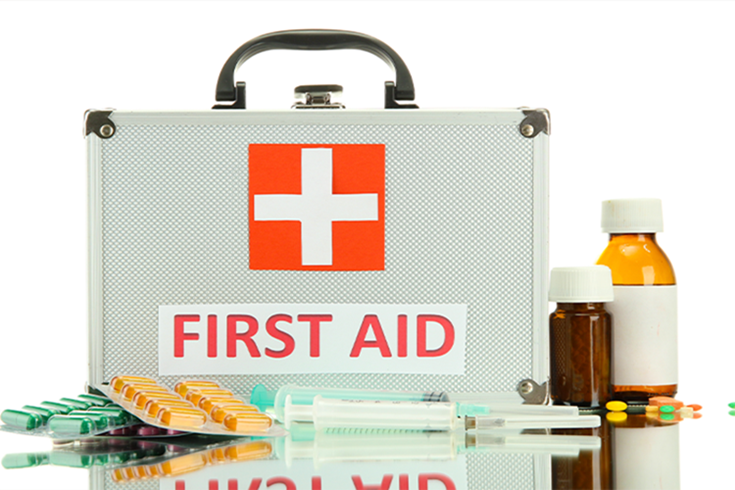How does dehydration occur?

Apr 19, 2022
Dehydration is a situation that is caused due to less body fluids, mostly water in the body. With dehydration, more quantity of water is moving out of separate cells and then out of the body than the quantity of water that is taken in through drinking. Hot, humid weather increases the amount you sweat and the amount of fluid you lose. Increased urination is also a common cause of dehydration, basically may be due to undiagnosed or uncontrolled diabetes. Certain medications, like as diuretics and blood pressure medications also can lead to dehydration, basically because they cause you to urinate more.

Causes of Dehydration:-
- Fever, heat exposure, heavy exercise, or work-related activity.
- Vomiting, diarrhea, and increased urination due to infection.
- Diabetes
- The inability to seek appropriate water and food.
- An impaired ability to drink
- No access to safe drinking water
- Significant injuries to the skin, like as burns or mouth sores, severe skin diseases.
The above symptoms may quickly panic and indicate severe dehydration with signs and symptoms are developing severe dehydration. The number of salts or electrolytes sodium, potassium, bicarbonate, and glucose, as well as indicators of kidney function, may be important to evaluate the degree of dehydration and possible causes.







